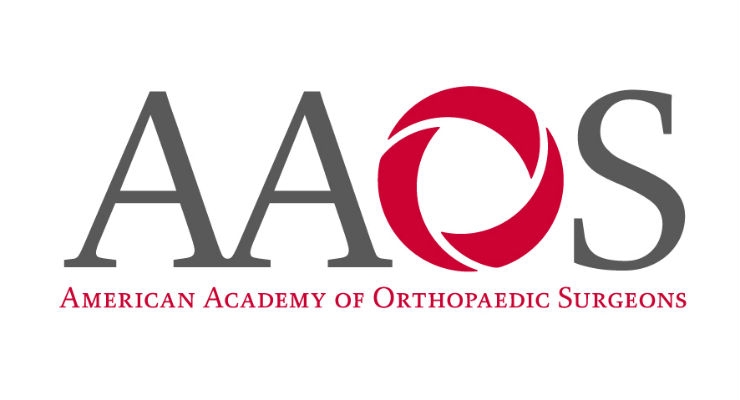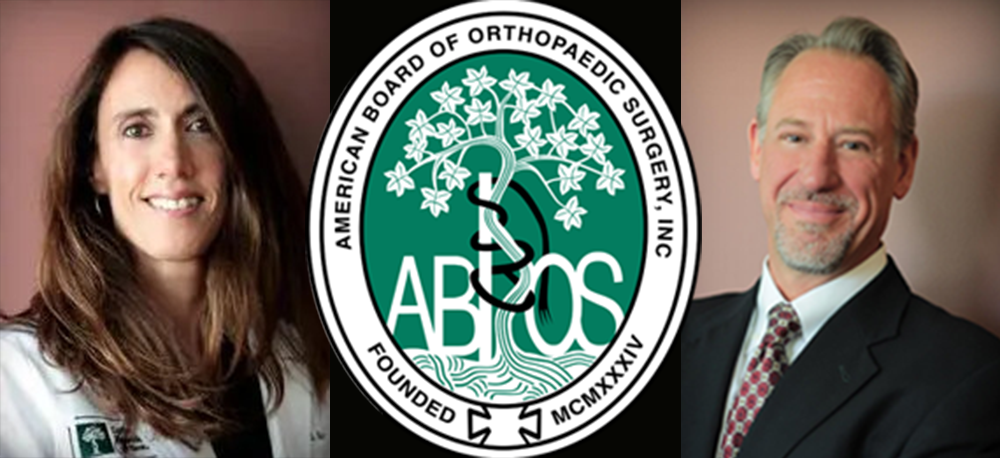Dr. Scott was recently invited by Healio.com/Orthopedics Today to comment on a study completed by a psychologist and some colleagues, regarding the impact of total knee replacement (TKA) on patient quality of life. The study randomly assigned the 103 recipients to receive a medially stabilized TKA or a cruciate-retaining TKA. The cruciate-retaining implant, similar to the traditional posterior stabilized implant, has more impact on the knee ligaments, although, different from posterior stabilized, it does not necessitate cutting or replacing those ligaments.
Despite the less invasive nature of the cruciate retaining approach, the medially stabilized implant has even less impact on the native structure of the knee joint, preferring small adjustments to the bone to balance the implant, rather than sacrificing or impeding the ligaments. It will perhaps come as no surprise to you, then, that the study found that medially stabilized TKA led to a superior quality of life for patients, as well as better Forgotten Joint Score, when compared to the patients receiving a cruciate-retaining TKA.
Dr. Scott’s comments can be read in full at the Healio site, but here is a summary. He explains how the psychological benefits of a medially stabilized TKA are rooted in technique and anatomy. He points out that in general mid-flexion stability for medially stabilized TKAs is significantly higher than for the other approaches, and this difference alone seems to account for much of the difference in patient satisfaction and quality of life. If your replaced knee feels unstable or even painful in the middle of its bend, after all, it’s hard to forget it was replaced!
The medially stabilized TKA, especially when coupled with kinematic alignment principles, is “respectful of the individual patient’s unique anatomy.” Since the medially stabilized implant is more similar to the knee’s natural anatomy, and kinematic alignment makes sure that it is inserted in a way that preserves the knee’s original alignment, it is not surprising that these two approaches lead to better quality of life for patients.
Dr. Scott is performing research on medially stabilized implants, and is already a practitioner of kinematic alignment principles. That’s why we believe you should entrust your total knee replacement procedure to his very capable hands. Request an appointment today to discuss whether these approaches are right for you and your orthopedic health.




